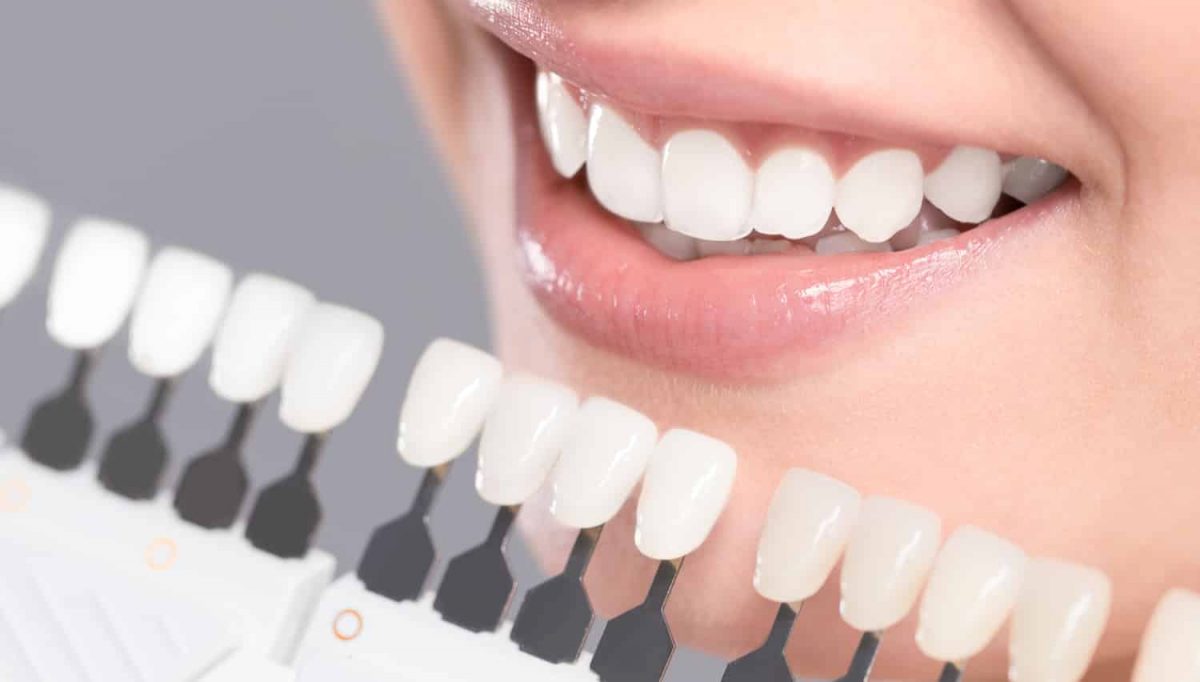Having white teeth can boost your confidence and can also improve the impression you have on others since your smile is one of the first things people notice about you. There are many options for whitening your teeth, so it can be confusing to determine which is best for you. Some of these choices are better than others, and it’s important to be aware of the pros and cons of each when making a decision. Our dentist in Oro Valley shares these ways to whiten your smile:
Over-the-Counter Whitening
Over-the-counter whitening products, such as toothpastes and whitening strips, are often the first option that comes to mind for brightening your smile. However, they are generally only able to remove minor surface-level stains and the results do not last as long as professional whitening. They can also worsen issues like sensitivity or damage your gums if you use them improperly.
There’s not necessarily anything wrong with trying an over-the-counter option at first to see if you get the results you’d like, but keep in mind that you may not be satisfied with the level of whitening. You should also talk to your dentist first, especially if you have sensitive teeth, dental restorations, or very dark teeth.
Professional Whitening
Dentist-supervised whitening involves stronger products than what is available over the counter, which often allows you to achieve more noticeable results.
Our Dentist in Oro Valley Offers Three Options Depending on Your Needs:
- In-Office Whitening: If you need fast results for a big event, we can brighten your teeth by six to eight shades within as little as two visits to our office. This option uses our strongest whitening gel and we pair it with fluoride to strengthen your teeth.
- Custom Take-Home Whitening Trays: Our custom teeth whitening trays are molded to your smile to protect your gums during the whitening process. This allows you to complete the whitening process at home.
- Ready-to-Use Kits: You can take home these whitening kits right away to start brightening your smile. While they aren’t custom-fit, they are still safe and effective.
Veneers or Bonding
In some cases, another cosmetic dental treatment may be a better fit than whitening in order to brighten your smile. This is often the case if you have very dark teeth, teeth with exposed dentin (the yellow layer under the enamel), or just one or a few teeth that are darker than the others.
Veneers are a great option to transform your smile and can address stained or discolored teeth in addition to other cosmetic concerns.
Dental bonding is another potential procedure. This works well if you have a small number of stained discolored teeth that stand out from the rest of your smile.
Cosmetic Dentistry by Our Dentist in Oro Valley, AZ
If you want to transform your smile, we can help. Our dentist in Oro Valley is happy to discuss your options with you to help you determine what will be best for your needs and aesthetic goals. We offer teeth whitening as well as other cosmetic and restorative treatments.



